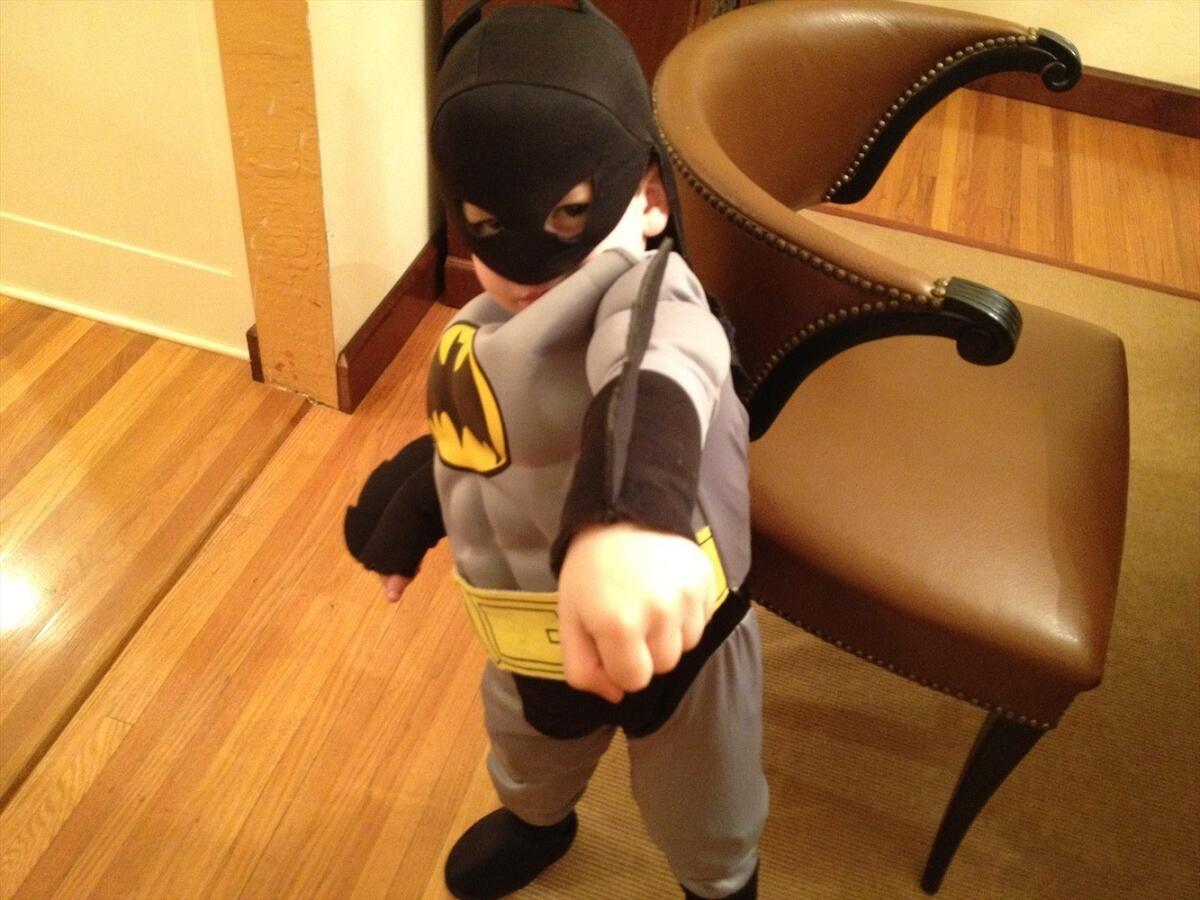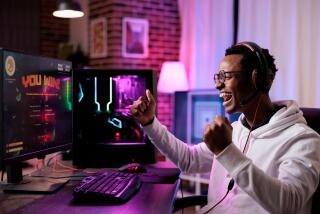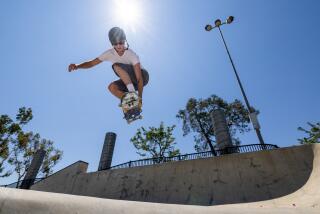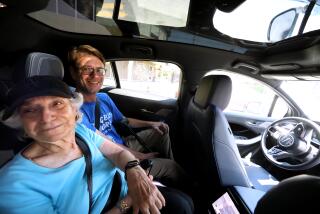Pretend superhero powers boost helpfulness in real life

I won’t lie -- I usually find it cute when my sons and my husband geek out over Superman or Batman. But there are times when the antics wear thin. Like when my 3-year-old refuses to wear his glasses because “Wolverine doesn’t wear glasses.” Or when he chases our cat around the house, fists flying, screaming, “BATMAN!”
Now the journal PLoS One has published a study to inspire hope in mothers like me: Scientists said Wednesday that experiencing a Superman-like power of flight, in a virtual reality simulation, made people more helpful. In real life!
Earlier studies had showed that computer and console games that get players to act in a helpful manner translated to actual good deeds after play was over. For the current study, a team of researchers wanted to see if virtual reality -- wearing special gear and experiencing the immersion more fully -- would create the same effect.
The group, made up of a graduate student, the founding director of Stanford University’s Virtual Human Interaction Lab and a psychologist who blogs about the psychology of superheroes here and here and here, tested 30 female and 30 male college students. The subjects all wore a head-mounted display that allowed them to explore a virtual city.
Some were assigned to ride along as a passenger in a virtual helicopter. Others had the ability to fly like a superhero: They raised their hands above their heads to rise from the ground and moved their hands and body in the direction they wished to travel. Bringing their hands closer together made them fly faster. Spreading them farther apart made them slow down. To land, they dropped their hands by their sides.
The first phase of the study was the virtual reality exercise. Then, after participants were done “flying,” they sat in a chair as an experimenter put away the head-mounted display. During that process, the experimenter knocked over a cup of 15 pens sitting on a table, “ostensibly by accident,” and then waited five seconds before beginning to pick them up, to give the test subjects a chance to help out.
Test subjects who flew themselves through the virtual city picked up pens more quickly than subjects who had been passengers in the helicopter. They also picked up a larger number of pens, the researchers found. Six participants didn’t help with the cleanup at all. All of them had been helicopter passengers. (Subjects had also received different tasks to perform in the virtual world, which didn’t significantly impact their pen-picking-up proclivities.)
The researchers never mentioned the word “superhero” or the prefix “super-“ during the experiment. But, the coauthors said, it was possible that “embodying the ability to fly in virtual reality primes concepts and stereotypes related to superheroes in general or to Superman in particular, and thus facilitates subsequent helping behavior in the real world.” Another explanation for the effect, they wrote, could just be that the participants who could fly were active agents in the VR game, while helicopter passengers were passive, “merely observers in the virtual world.”
In the future, the team said, researchers might address questions such as whether experiencing super flight for longer periods of time results in more helpfulness and whether experiencing superpowers other than flight, or embodying a particular superhero, has the same effect.
Personally, I’d like to learn more about embodiments of, say, Wolverine or Batman, especially those facilitated through lower-tech tools -- outstretched tiny fingers imitating claws, a much-loved nylon costume with faux muscles. We have some toys at home that need tidying.
More to Read
Sign up for Essential California
The most important California stories and recommendations in your inbox every morning.
You may occasionally receive promotional content from the Los Angeles Times.










